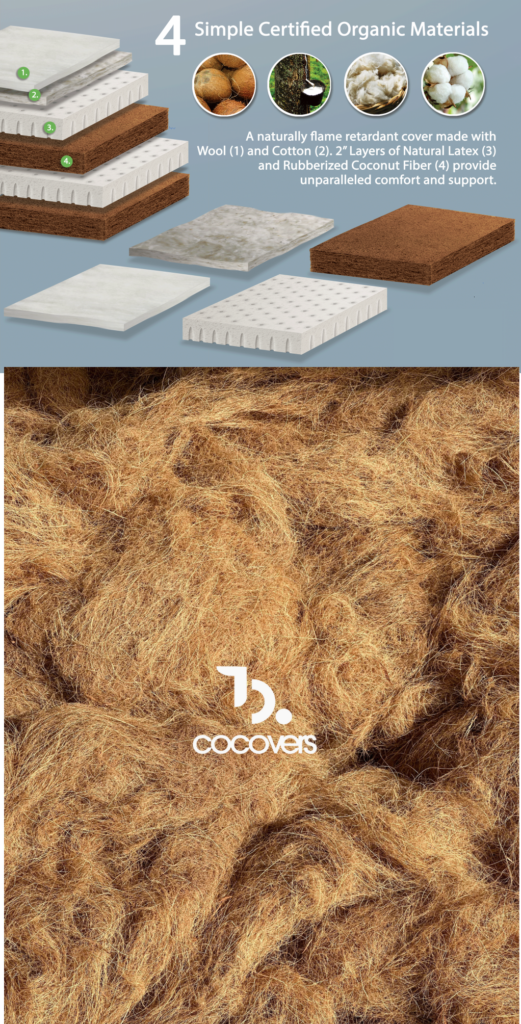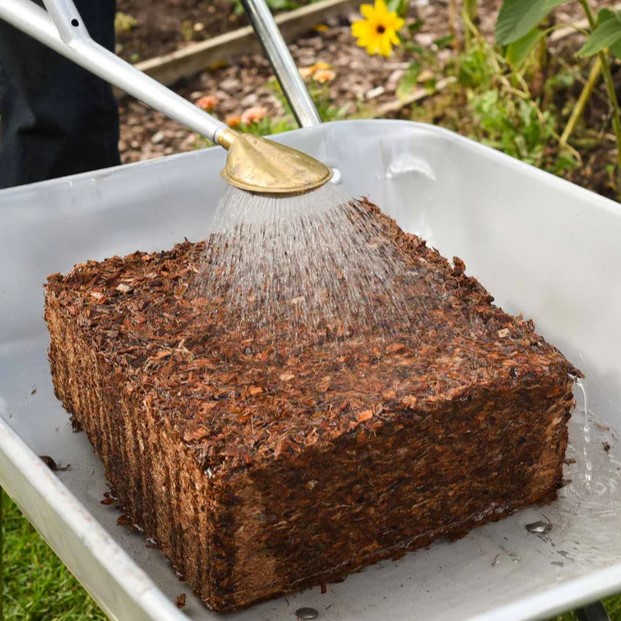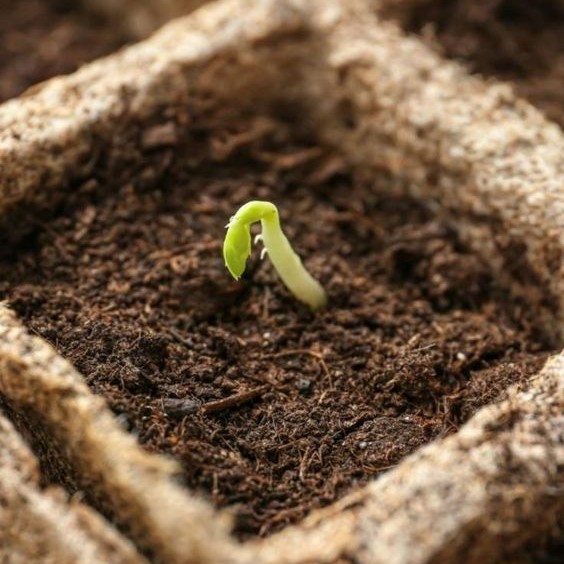From Island Groves to Global Gardens: Indonesia's Bounty of Coconut Fiber and Cocopeat
Indonesia, an archipelago nation kissed by the sun and fringed with emerald palms, is more than just a vacation paradise. It’s a treasure trove of natural resources, and among its shining stars are the humble coconut and its versatile derivatives: coconut fiber and cocopeat.
The world’s largest archipelago reigns supreme as the world’s largest producer of coconuts, churning out a staggering 18.5 million tons annually. This translates to roughly a third of the global coconut harvest, making it a powerhouse in the industry. But Indonesia isn’t just about quantity; it’s also about quality and innovation.
Extracted from the outer husk of the coconut, coconut fiber is a wonder material. Strong, absorbent, and naturally resistant to rot, it boasts a plethora of uses that extend far beyond doormats and mattresses. Here are just a few examples:
- Automotive Industry: Car seats, soundproofing panels, and even biocomposites benefit from coconut fiber’s strength, lightweight properties, and natural sound absorption.
- Gardening and Agriculture: Coir nets prevent soil erosion, while coconut fiber ropes offer a sustainable alternative to synthetic options.
- Construction: Geotextiles made from coconut fiber stabilize slopes and reinforce embankments, making them ideal for eco-friendly construction projects.
- Home Furnishings: From furniture pads and mattresses to decorative accents, coconut fiber adds a touch of natural beauty and durability to any space.



Crafted from the inner husk of the coconut, cocopeat is a dream come true for plant lovers. This organic growing medium boasts exceptional water-holding capacity and aeration, creating the perfect environment for healthy root growth. Its light weight and resistance to fungal diseases make it a popular choice for:
- Potting mixes: Ideal for both indoor and outdoor plants, cocopeat provides superior drainage and moisture retention, reducing the need for frequent watering.
- Seedling germination: The fine texture and consistent moisture levels of cocopeat make it perfect for nurturing delicate seedlings.
- Hydroponics: Cocopeat’s excellent drainage and aeration properties make it a preferred medium for hydroponic systems.
- Mulching: A layer of cocopeat around the base of plants helps retain moisture, suppress weeds, and regulate soil temperature.
The Future of Coconut: Innovation and Opportunity
With its abundance of coconuts, skilled workforce, and dedication to sustainability, Indonesia is poised to remain a leader in the coconut fiber and coco peat industry. As research and development continue, we can expect even more innovative applications for these versatile materials, from bioplastics to building insulation.
So, the next time you admire a lush garden, a comfy car seat, or a sturdy doormat, remember the humble coconut and its journey from Indonesian groves to global markets. It’s a story of nature’s bounty, human ingenuity, and a sustainable future waiting to be woven.
But the story doesn’t end here! We invite you to experience the endless possibilities hidden within this magical fruit, among them coconut charcoal briquettes, virgin coconut oil, desiccated coconut and coconut sugar.
